As EU climate policy tightens, its Green Deal increasingly shapes Swiss energy and emissions through shared infrastructure – long-standing hydropower integration, electricity lines and gas pipelines –, Emissions Trading Systems (ETS) linkage and EU-wide clean fuel and CO2 regulations. Weiterlesen
Schlagwortarchiv für: industrial
A good battery has high energy density, short charging times, is safe to operate, and can withstand extreme temperatures. Solid-state batteries are a new generation of lithium-ion batteries that do not require liquid components and combine many of these properties. An international research consortium, including the Swiss Federal Laboratories for Materials Science and Technology, or Empa, is working on the development of anode-free solid-state batteries in combination with thin-film technology. Potential application areas include the industrial Internet of Things sector, with additional potential uses in mobile areas such as drones, robotics, and aerospace.
Read the specialised article: „Batteries Reduced to the Essentials„.
Dr. Benedikt Vogel, science journalist, for the Swiss Federal Office of Energy (SFOE).
Image: EMPA




 Noch keine Bewertungen
Noch keine BewertungenPV: un unique commutateur procure déjà une protection suffisante
Le secteur de l’énergie solaire a critiqué à plusieurs reprises les recommandations de la protection conventionnelle du réseau et des installations (protection RI) ainsi que les différentes prescriptions des gestionnaires de réseau en les désignant d’obstacles au développement du photovoltaïque (PV). Un groupe de travail représentatif est désormais parvenu à un consensus à l’échelle nationale sur cette question controversée: un assouplissement des exigences vis-à-vis de la protection RI sur le réseau basse tension est prévu. Cela permettra une réalisation plus simple et plus économique, notamment des projets PV de moyenne ampleur. Weiterlesen




 Noch keine Bewertungen
Noch keine BewertungenSWISS-JAPAN ENERGY DAYS 2024: COLLABORATION ON BREAKTHROUGH INNOVATIONS FOR FUTURE SUSTAINABLE ENERGY
The Swiss-Japan Energy Days 2024 conference, scheduled for September 10-11, 2024, at ETH Zürich and Swissnex in Japan, is set to address the pressing challenges in the energy sectors of both countries. Dr. Felix Moesner, Swiss Consul & CEO of Swissnex in Japan, discusses the importance of this event and its anticipated impact. Weiterlesen




 Noch keine Bewertungen
Noch keine BewertungenOù en sont les villes dans leur transition énergétique? (partie 2)
„Villes fortes“ est le slogan du Congrès des services publics 2022 à Aarau. Dans quelle mesure les villes se présentent-elles comme fortes dans le domaine de l’énergie? Quelles solutions adoptent-elles pour la protection du climat et pour un système énergétique durable? Où se situent-elles sur la voie de l’objectif zéro net en 2050? Energeiaplus a posé la question à sept villes suisses. Les quatre premières se trouvent dans la première partie de cet article et voici les trois suivantes francophones et italophones. Conclusion: les villes sont très actives dans le domaine des énergies renouvelables, des systèmes de chauffage alternatifs ou de la mobilité électrique. Weiterlesen




 1 Vote(s), Durchschnitt: 2,00
1 Vote(s), Durchschnitt: 2,00The extraction of gas molecules from a gas mixture and their adsorption onto a solid plays an important role in many industrial processes. In many cases, technical systems are used today for these adsorption processes that are oversized for their task. This consumes unnecessarily high amounts of adsorption materials, investment resources and energy. To avoid this, a team of researchers from the Lucerne University of Applied Sciences and Arts has developed a model and an associated guideline. They help process engineers to better design the appropriate dimensions of gas purification and gas recovery plants in proportion with requirements. The scientists estimate the potential energy savings at 25 to 30 percent.
Read the full specialist article (also in German): „Using Activated Carbon & Co Efficiently“.
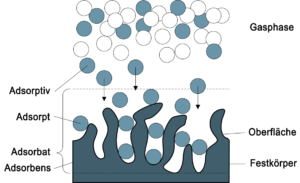
Benedikt Vogel, on behalf of the SFOE




 1 Vote(s), Durchschnitt: 1,00
1 Vote(s), Durchschnitt: 1,00Kohle, Öl, Gas: Vier Schlaglichter zur Geschichte der fossilen Energien in der Schweiz
Seit Mitte des 19. Jahrhunderts beruht die Energieversorgung der Schweiz hauptsächlich auf fossilen Energien. Um 1850 wurde die Kohle zum zentralen Energieträger der Industriegesellschaft. Nach dem Zweiten Weltkrieg wurde die Kohle dann durch das Erdöl abgelöst. Weiterlesen




 3 Vote(s), Durchschnitt: 4,67
3 Vote(s), Durchschnitt: 4,67Geothermal energy is already used intensively in Switzerland, mainly by means of geothermal probes that collect heat from the ground to provide heat and hot water for buildings. However, the heat from deeper layers of the earth is hardly used: If one were to drill 1000 m and deeper, one would come across an enormous heat reservoir that can be used for heating purposes, industrial processes and electricity production. Weiterlesen




 Noch keine Bewertungen
Noch keine BewertungenNew Call for Research Proposals in the area of “Energy Efficiency in Industry”
Energy efficiency is at the core of the transition towards a more resilient and sustainable energy system. It takes innovative solutions to reduce industrial energy consumption to a level where the remaining demand can be supplied from renewable sources.
In response to this challenge, the SFOE research programme on Industrial Processes dedicates one million Swiss Francs to a competitive call for application-oriented research proposals in the area of industrial energy efficiency. Expecting that successful projects will deliver publicly assessable results with the potential to generate significant positive impacts. Weiterlesen




 Noch keine Bewertungen
Noch keine BewertungenThe Swiss initiative on Hydropower at IRENA Assembly – a success story
The Ministerial Plenary Session on Hydropower, held at the 10th General Assembly (GA) of the International Renewable Energy Agency (IRENA) on 12 January 2020, was a key success for the Swiss delegation. Switzerland, together with the International Hydropower Association (IHA), the World Bank, Norway and other IRENA member countries, co-organized the Ministerial Plenary Session. It built on the first ever IRENA Hydropower Event, which was initiated by Switzerland and took place at the 9th GA in January 2019. Weiterlesen




 3 Vote(s), Durchschnitt: 5,00
3 Vote(s), Durchschnitt: 5,00Kontakt
Bundesamt für Energie
Pulverstrasse 13
3063 Ittigen
Postadresse:
Bundesamt für Energie
3003 Bern
Telefonnummern:
Hauszentrale +41 58 462 56 11
Pressestelle +41 58 460 81 52
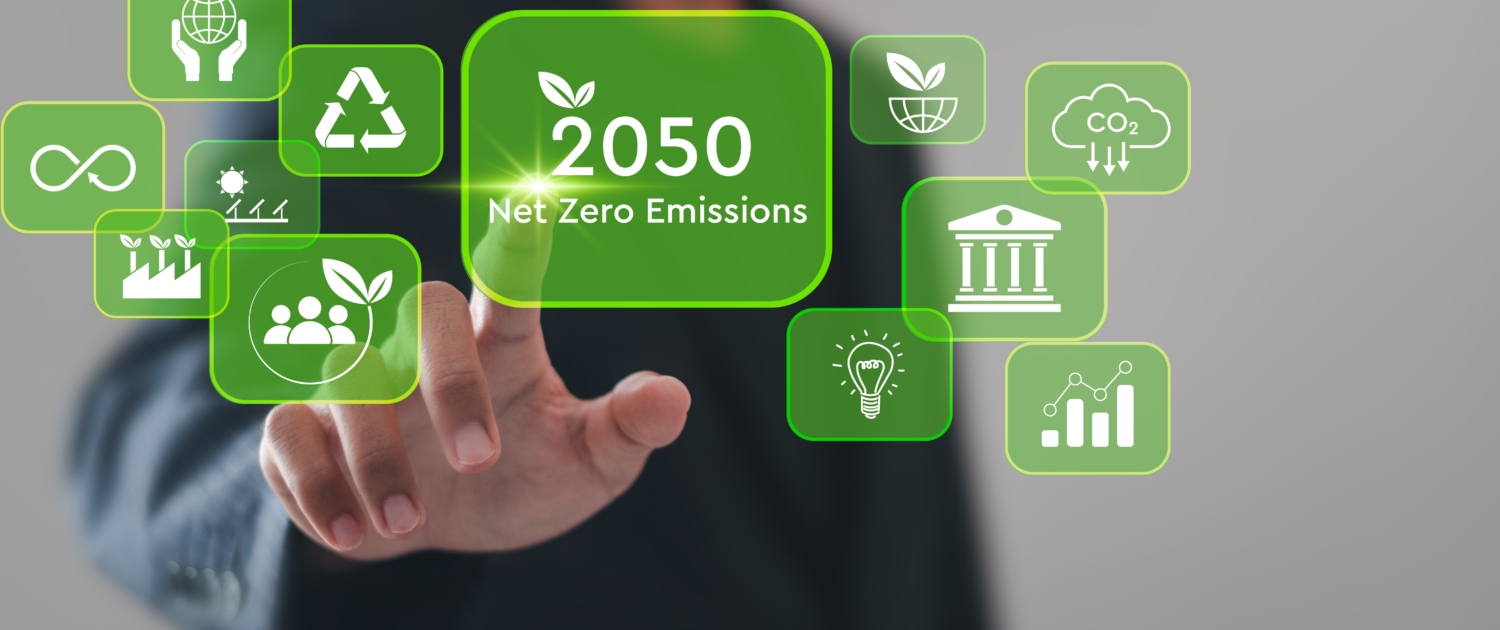 Shutterstock
Shutterstock EMPA
EMPA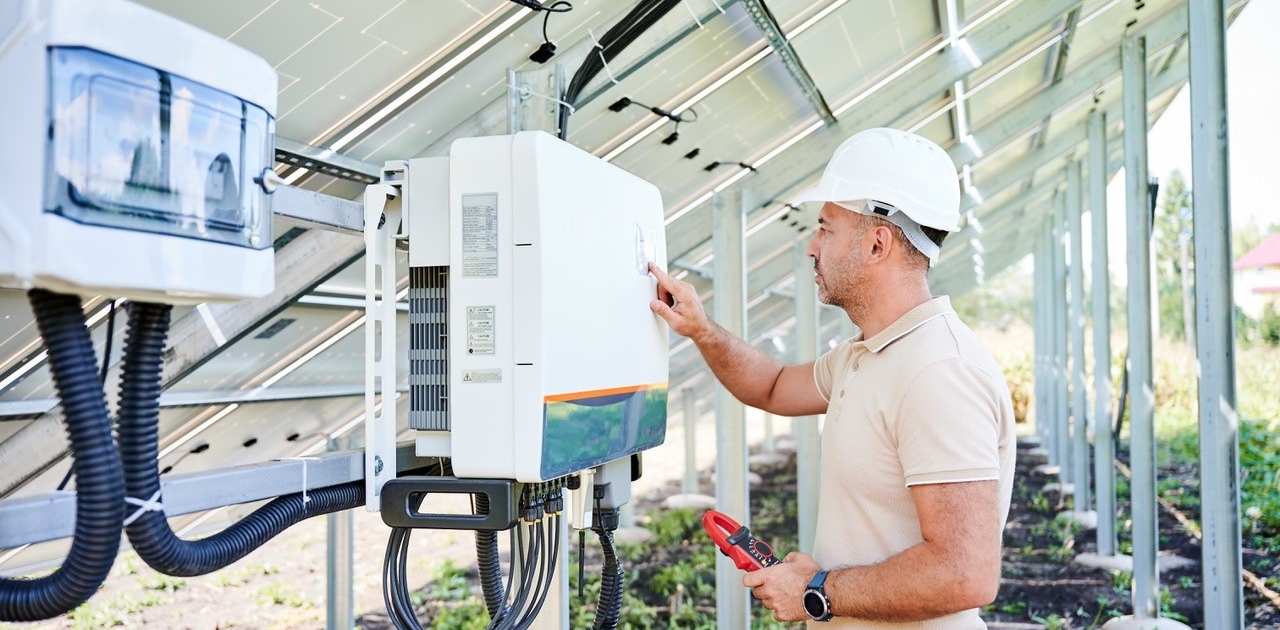 Shutterstock
Shutterstock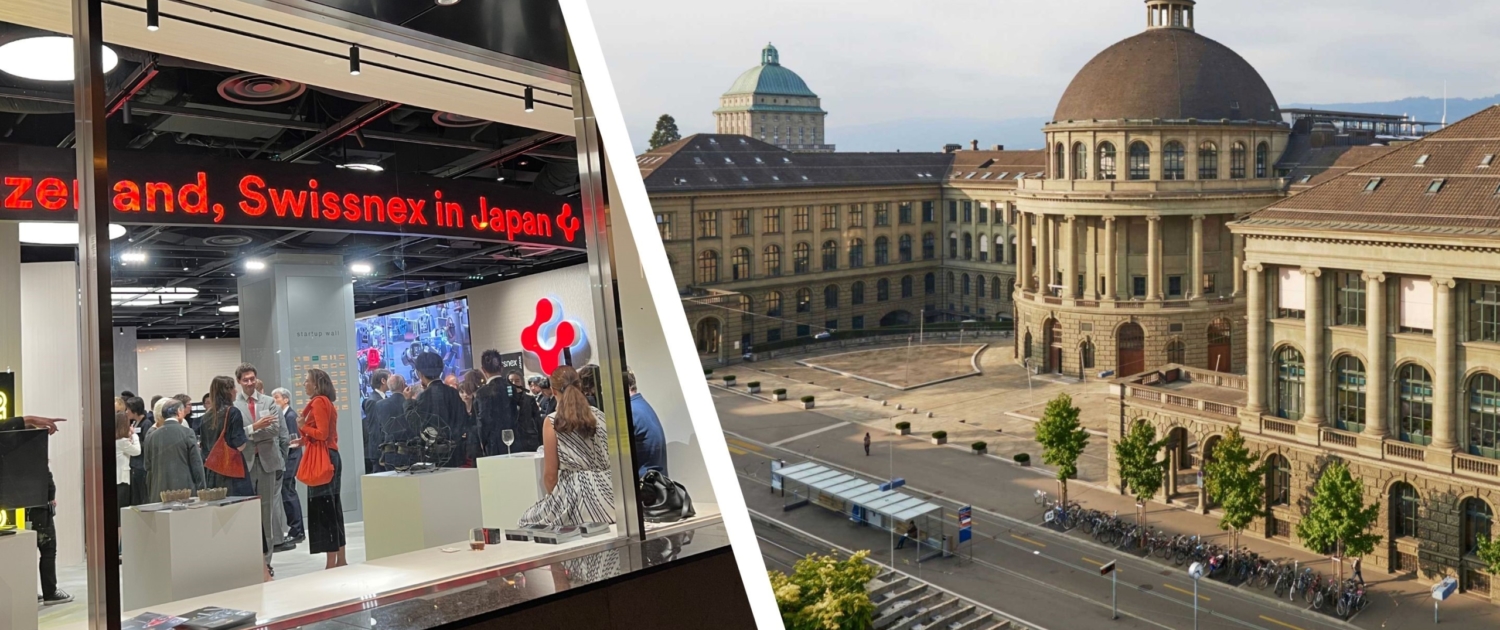 ©Swissnex Japan
©Swissnex Japan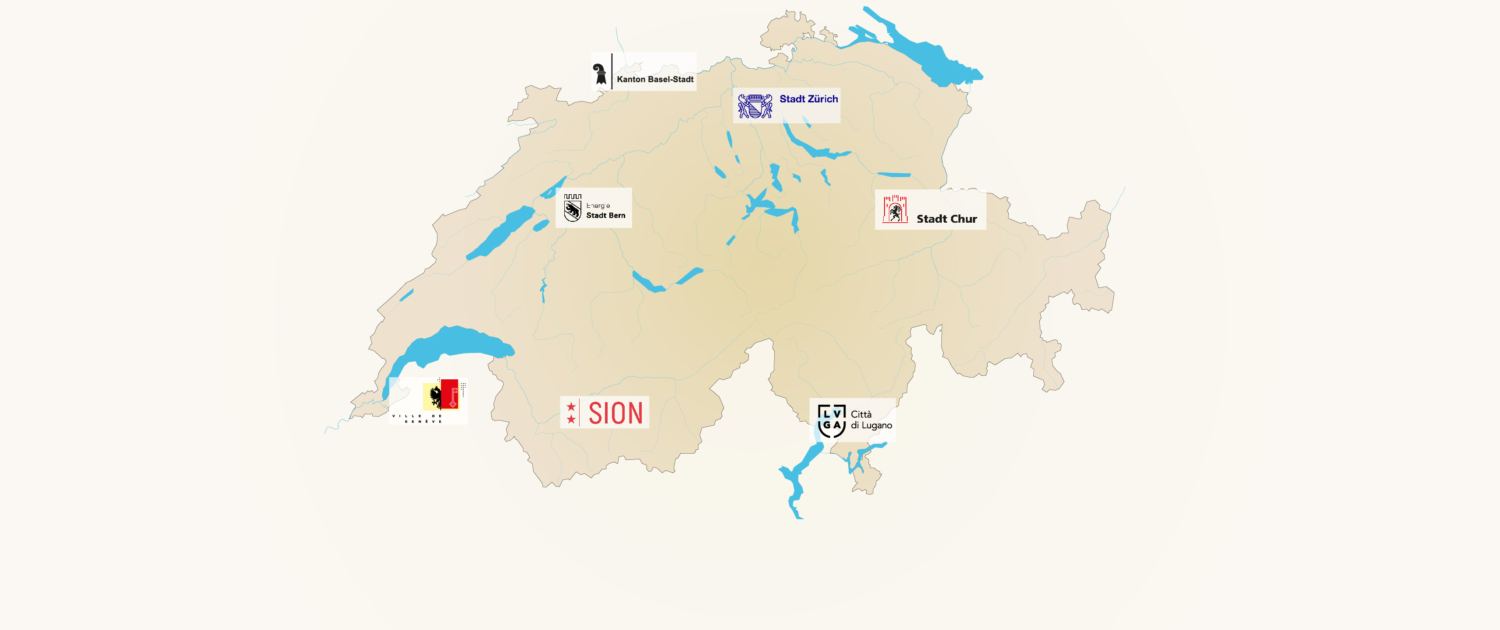 BFE
BFE Shutterstock
Shutterstock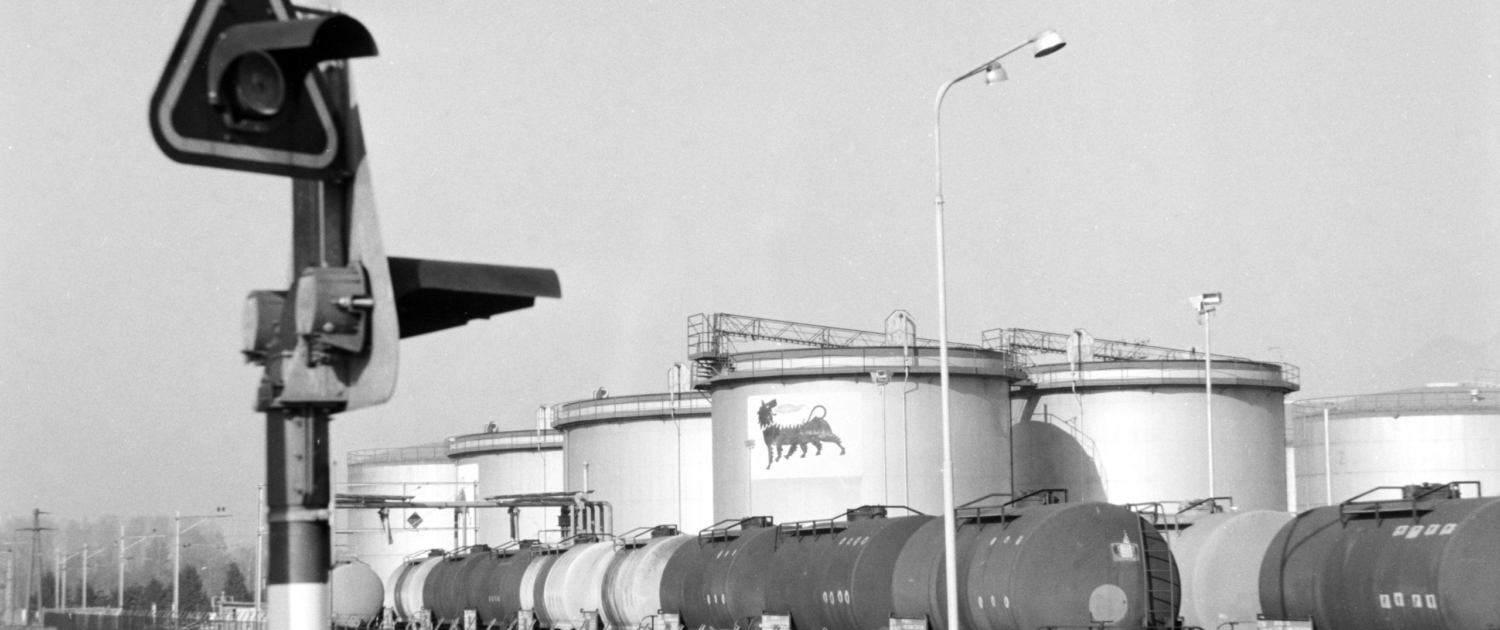 Keystone
Keystone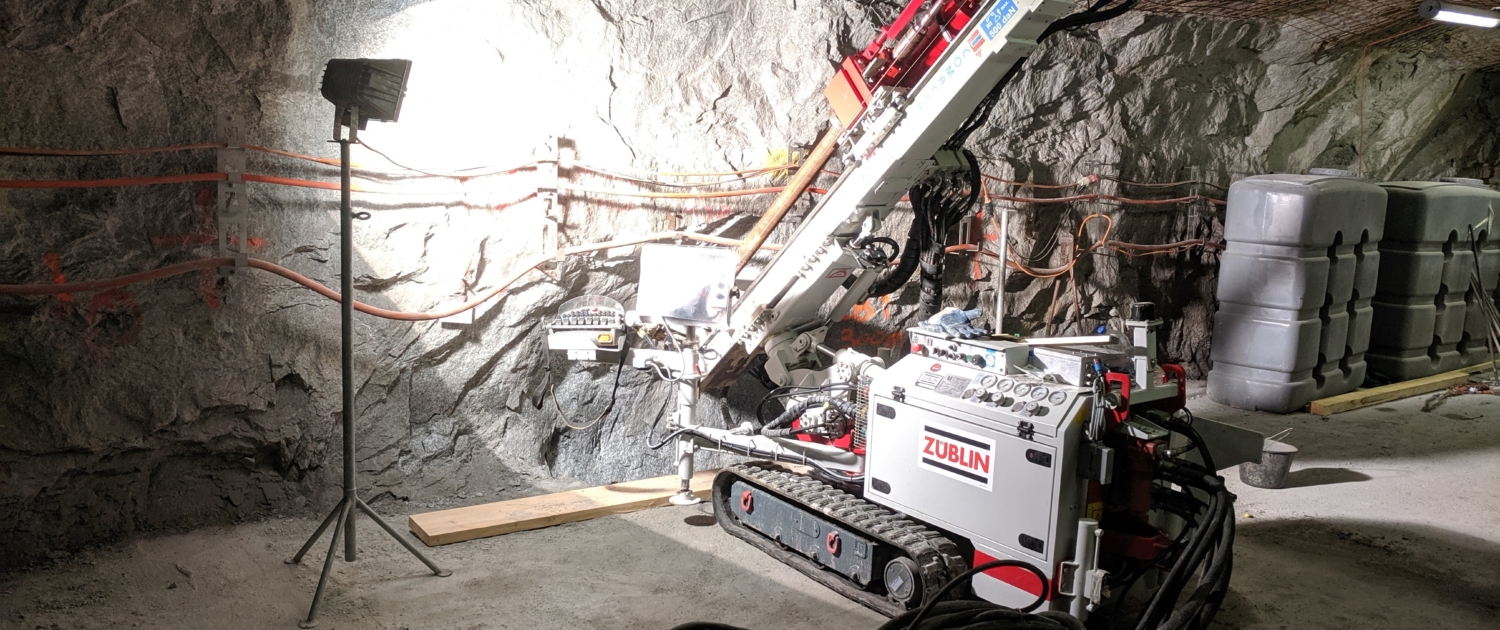 Benedikt Vogel
Benedikt Vogel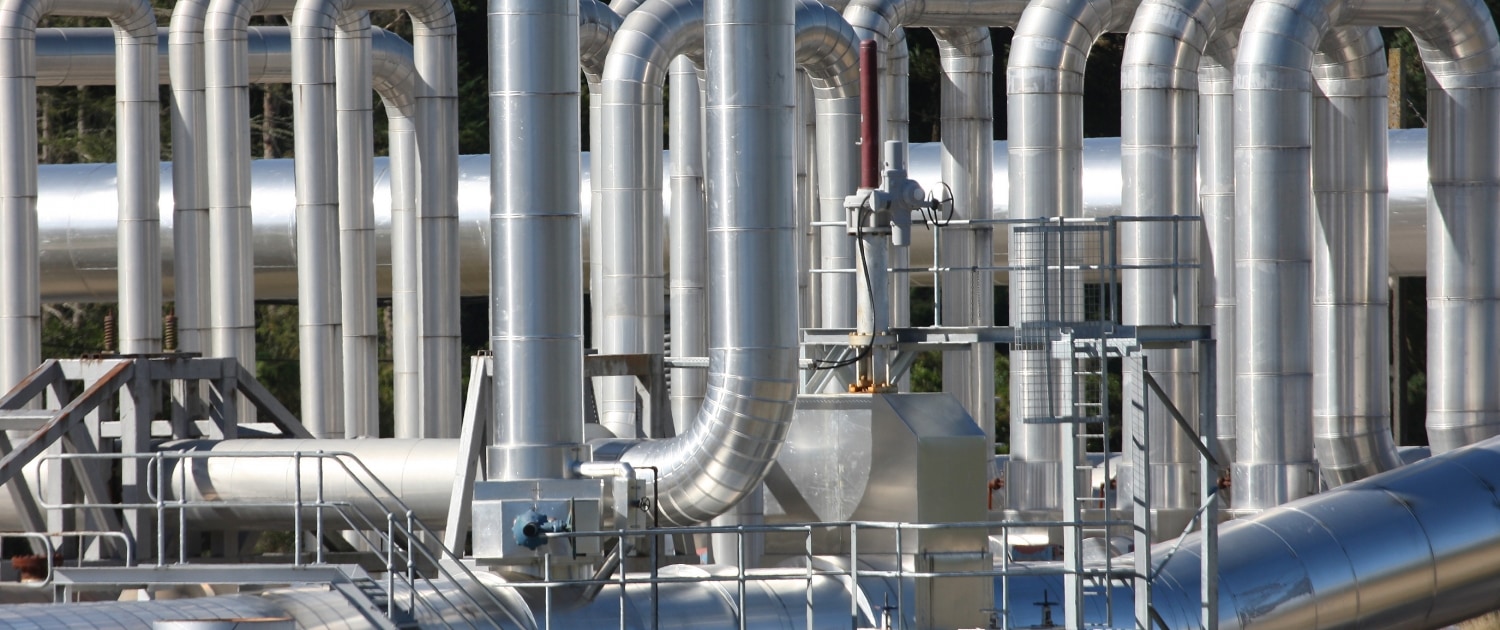 BFE
BFE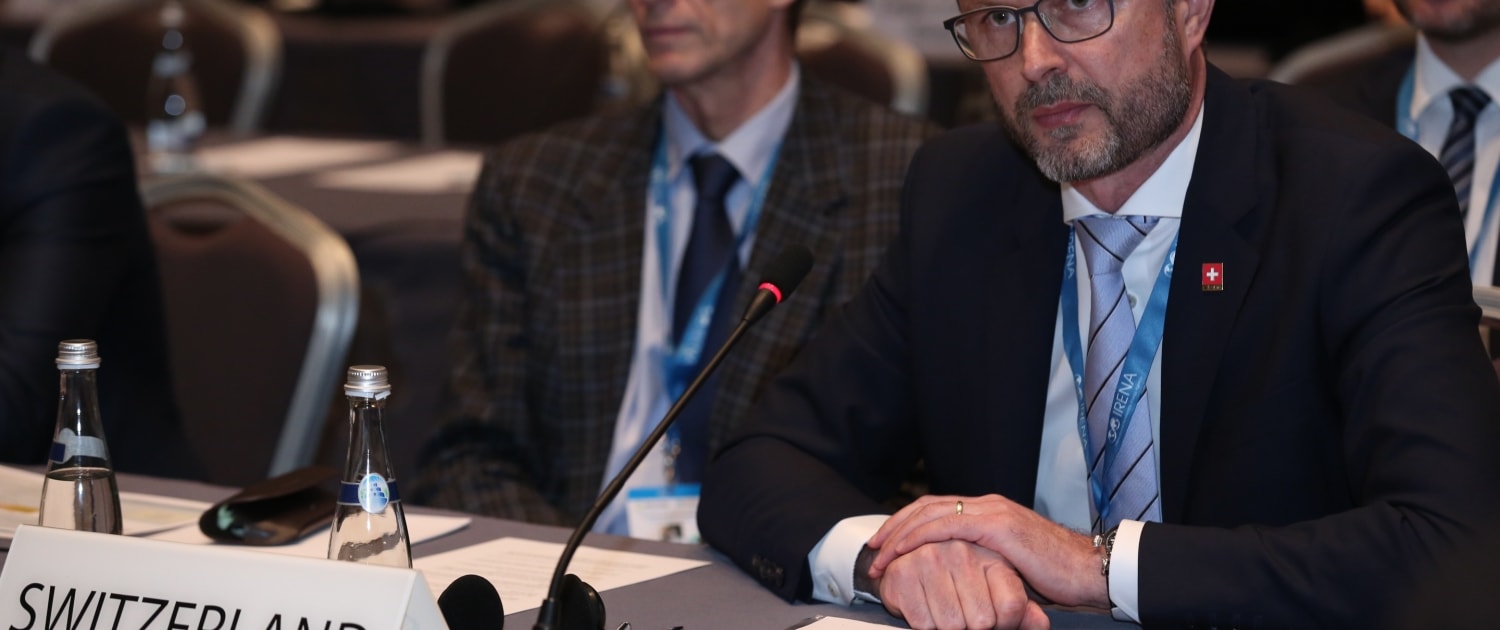 IRENA
IRENA